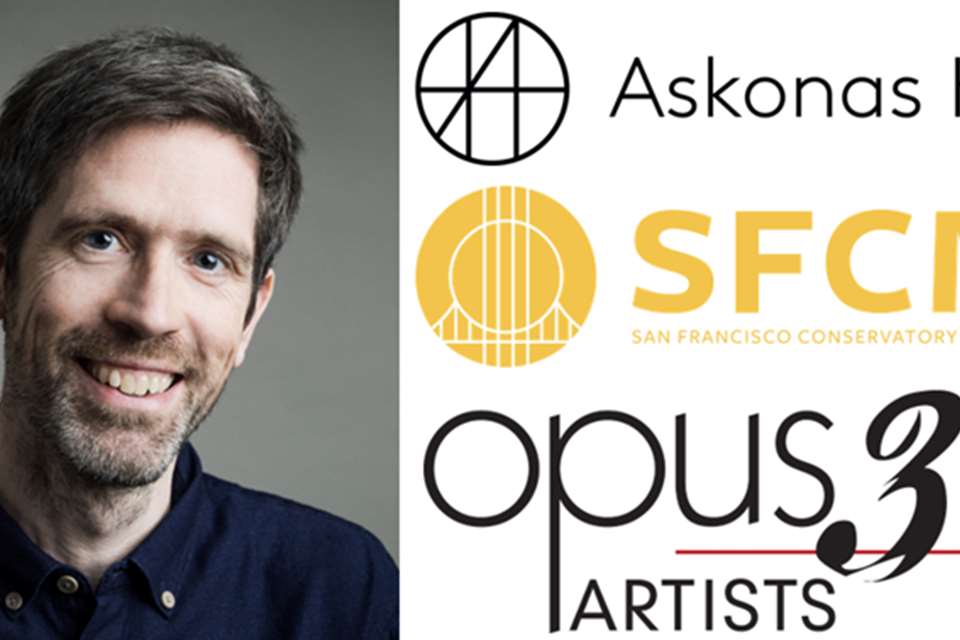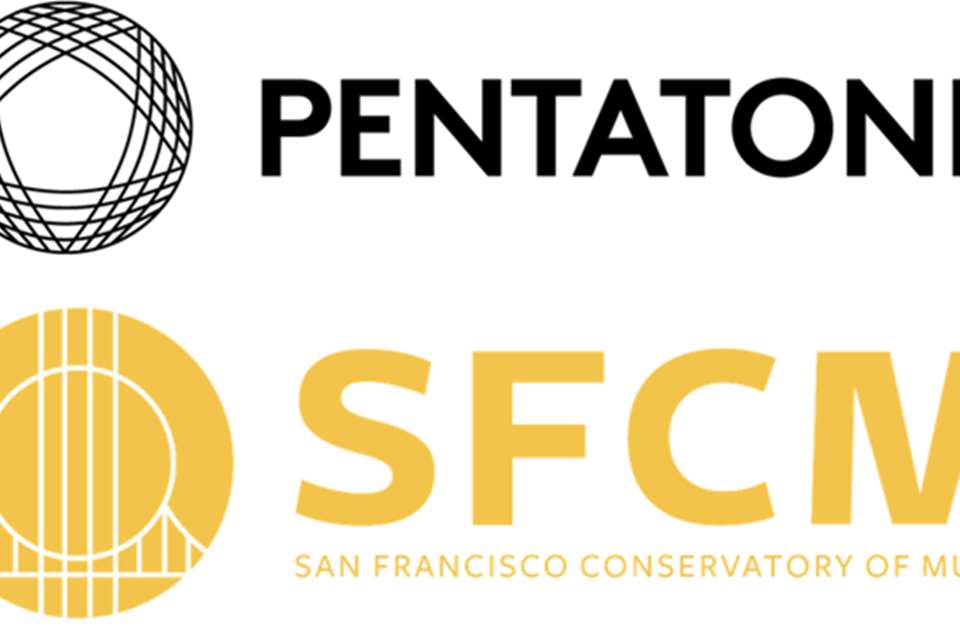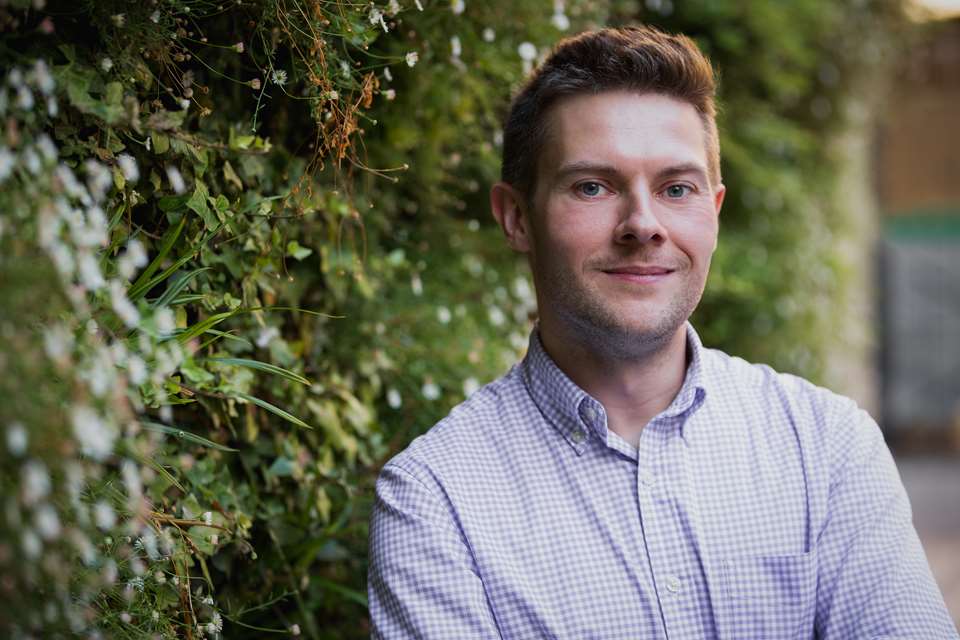Artist Managers: a golden-gated opportunity
Andrew Green
Thursday, January 5, 2023
Following the acquisition of Askonas Holt by San Francisco Conservatory of Music last month, Andrew Green examines the Conservatory's plan and its resulting collaborations


Register now to continue reading
Don’t miss out on our dedicated coverage of the classical music world. Register today to enjoy the following benefits:
- Unlimited access to news pages
- Free weekly email newsletter
- Free access to two subscriber-only articles per month





